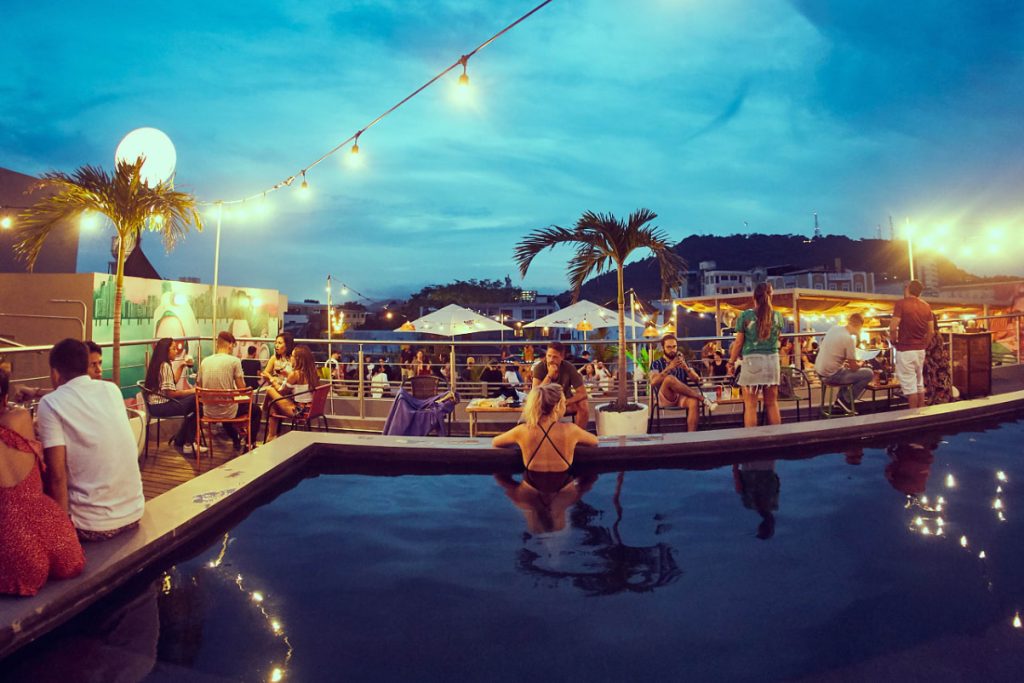Collective Hospitality, a Singapore-based firm, has acquired most of the business assets of Selina, a hostel brand focused on young travelers. The deal was announced in Singapore and gives Selina another chance at life after declaring insolvency and being delisted from the Nasdaq stock market. The acquisition includes about 100 hotels managed by Selina as well as the travel company Remote Year that Selina had acquired in 2020. Collective Hospitality operates properties under brands aimed at Gen Z travelers and sees the complementary regions where Selina’s properties are located as a strategic fit.
Destination Group, the parent company of Collective Hospitality, used internal capital to acquire Selina’s assets. The group has a high cash flow from assets worth over $500 million, allowing it to make the purchase. The Selina brand and its loyalty program will survive, and the group plans to review properties and potentially rebrand some to Socialtel in the future. Additionally, the acquisition includes a plan to grow Remote Year, with the goal of expanding the business. Destination Group plans to leverage Selina’s assets by curating hyper-local experiences to drive revenue and create great guest experiences at all properties. The group aims to increase occupancy rates across the portfolio from the mid-’50s to the mid-’70s, implement ghost kitchens in hotel kitchens, and offer adventure packages to guests.
Selina’s collapse into insolvency comes after its recent entry into the public markets faced challenges when investors demanded their money back rather than taking shares in the company. Despite efforts to attract investors and secure investments, the company was unable to meet interest payments, leading to its downfall. Selina’s rapid expansion fueled by debt and inability to adapt to changing market conditions resulted in its struggles. For investors, Selina’s downfall serves as a reminder of the risks involved in rapid expansion and the importance of sustainable growth. Despite its initial success in capturing the Gen Z traveler demographic, the company ultimately failed to create a resilient business model.
Collective Hospitality’s acquisition of Selina’s assets provides a new opportunity for the brand to thrive under new management. Through a focus on creating unique experiences for guests and utilizing underutilized resources like hotel kitchens, the group aims to revitalize Selina and increase profitability. By leveraging the complementary regions and properties of Selina with its existing portfolio, Collective Hospitality hopes to maximize the potential of both brands. With a strong emphasis on guest experience and revenue generation, the group plans to transform Selina into a successful and profitable business in the coming years.
The acquisition of Selina by Collective Hospitality highlights the challenges and opportunities in the accommodations sector, particularly for brands catering to a younger demographic. As the travel industry continues to evolve and adapt to changing consumer preferences, companies like Selina must find ways to innovate and remain relevant in a competitive market. By focusing on creating unique guest experiences, driving revenue through new offerings, and leveraging existing assets, Selina has the potential to regain its footing and thrive under new ownership. With the backing of Destination Group and Collective Hospitality, the future looks promising for Selina as it embarks on a new chapter in its journey.


